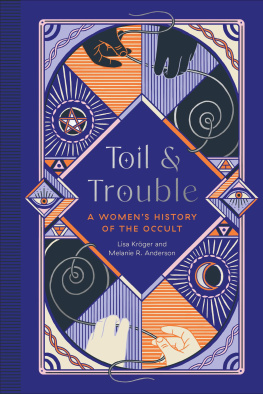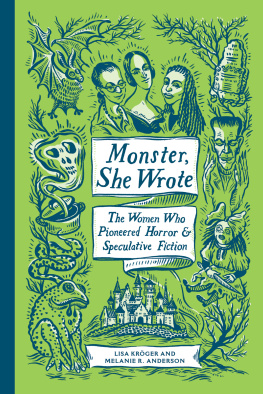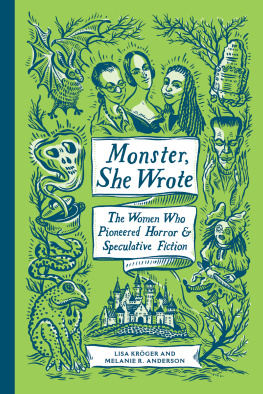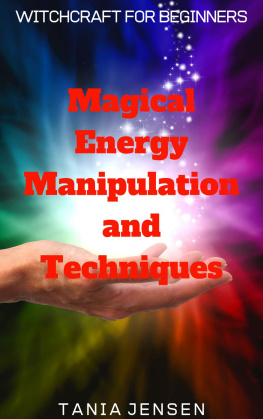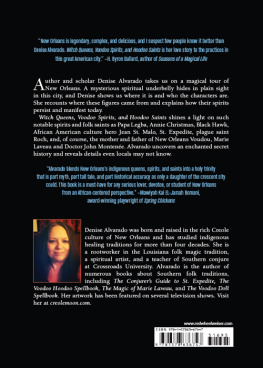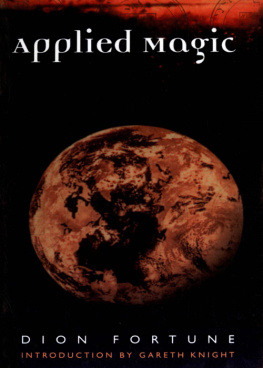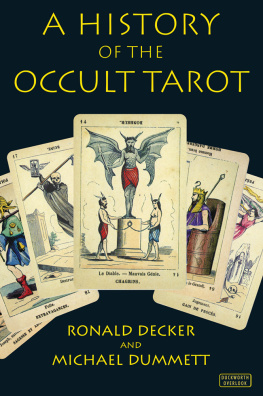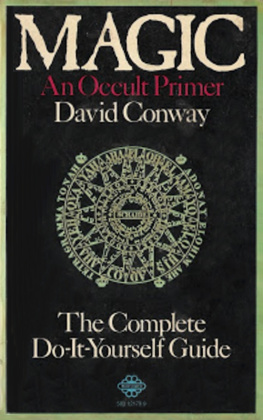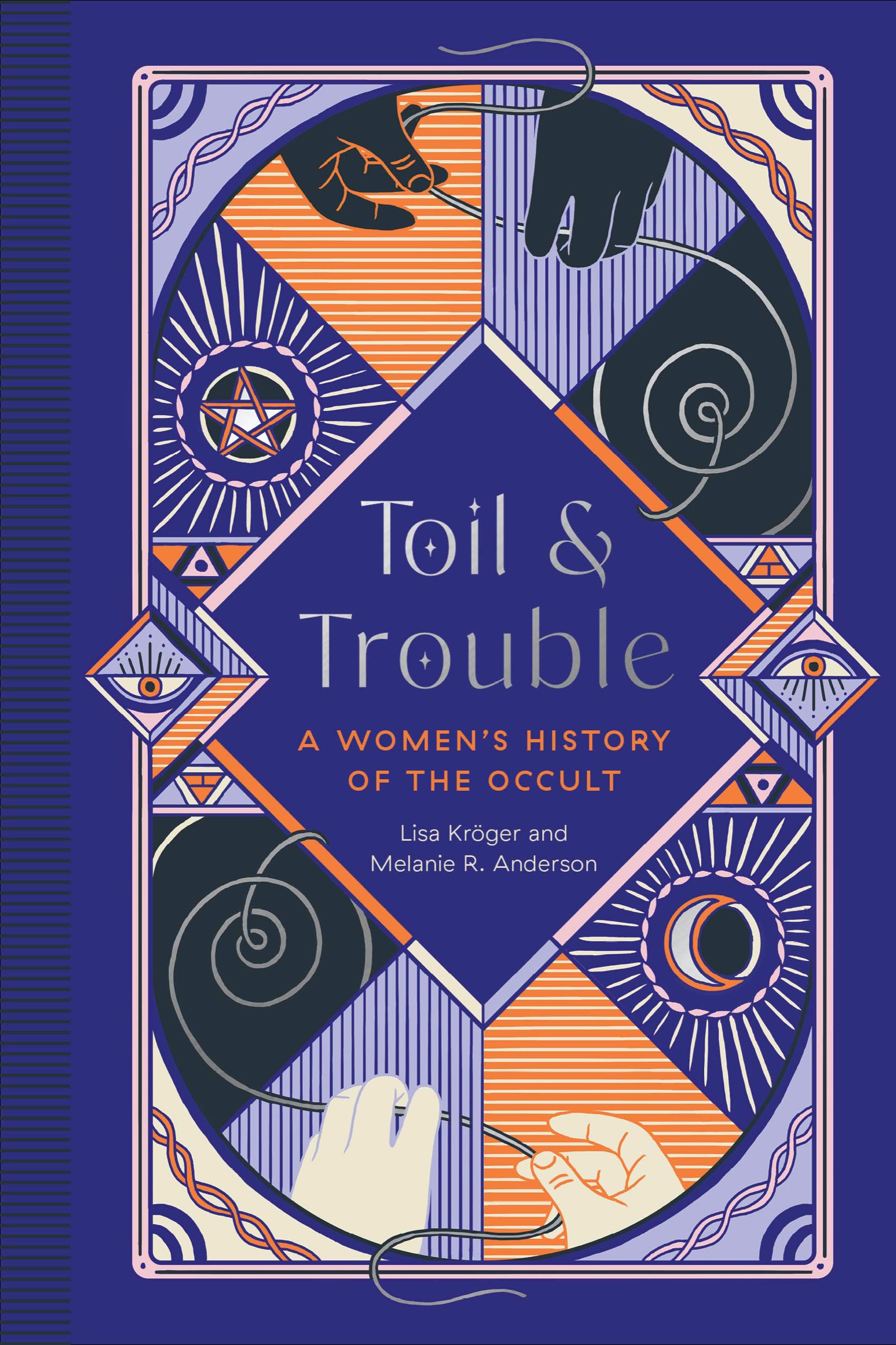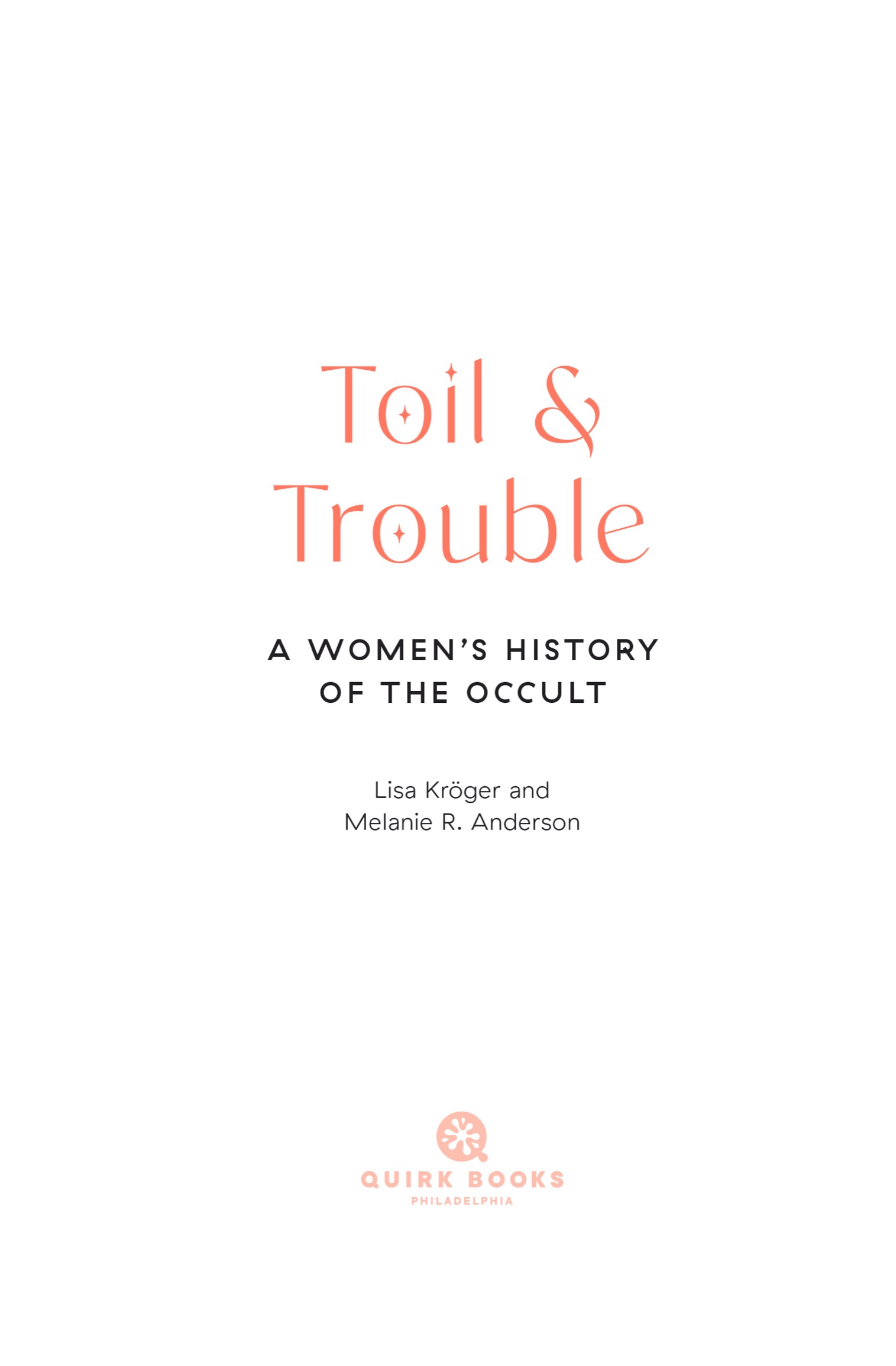ALSO BY LISA KRGER AND MELANIE R. ANDERSON
Text copyright 2022 by Lisa Krger and Melanie R. Anderson
All rights reserved. Except as authorized under U.S. copyright law, no part of this book may be reproduced in any form without written permission from the publisher.
Full Library of Congress Cataloging-in-Publication Data available upon request.
Production management by John J. McGurk
INTRODUCTION
I n July 2020, at a time when we arguably did not need more problems, a group of young witches tried to hex the moon.
It doesnt really matter why, or whether they were successful (the moons still here, so maybe not). In fact, its not clear how many people were involved or how serious they were; people outside the online occult community found out about the event through social media posts about what the so-called baby witches were planning and why it was a bad idea, and through a cascade of news stories about the rumor on sites like BuzzFeed. That doesnt really matter either. Whats important is that theres an online occult community at alland not only that, but a community so robust and popular that it is able to sustain fringe groups (like the witches who hexed the moon) and warring factions (like the people who suggested that maybe they shouldnt). Whats also important is that all of this happened in public.
This would have been unthinkable to women in seventeenth- century New Englandeven if they could get past the idea of the internet. Witch used to be an accusation with potentially fatal consequences, not an identity to proudly display (and endlessly debate) in the public square. Those long-ago women might be similarly shocked by the recent popularity of crystals, tarot cards, and astrology memes. In an age of uncertainty, dislocation and environmental turmoil, younger generations are taking a renewed interest in astrology, horoscopes, and the occult, wrote Josh Walker in a 2020 Wired article.
That renewed interest is more like a tidal wave. On the social video app TikTok, which is popular with people in their teens and twenties, the hashtag #witchtok garnered more than two billion views in 2019 and 2020. Driving those views were videos offering everything from good-luck spells to protection potionsin other words, predictability in times of uncertainty. After all, young adults in 2020 were getting ready to enter the world in scary times: economic downturn, a terrible job market, political uncertainty, public protests, and a pandemic raging out of control.
But its more than just difficult times that are responsible for young peoplesespecially young womensinterest in the occult. From the start of the United States, whose colonial period coincided with the violent witch hunts in Europe of the sixteenth and seventeenth centuries, women have had a close relationship with the occultat times, whether they wanted one or not. Over the years, women have been variously cast as unnatural, supernatural, angelic, demonic, attuned to death, or in league with the Devil.
So how did we get from Salem to todays proud witches? Centuries of women responded to these accusations by using the occult as a route to power.
When we started working on this book, we wanted to investigate all the ways women interacted with and used occult tools to achieve empowerment. We published our first book, Monster, She Wrote, in the fall of 2019. As we started thinking about our next project, we began exploring the ways womens history and the history of the occult intersected. Specifically, we were interested in examining womens occult history in the United States. While we were having these conversations in 2020, our focus kept being pulled toward world events. We wont go into everything herewe all lived through itbut what was fascinating to us was how much the occult was a constant presence. Women everywhere, it seemed, were responding to the pandemic and to the political upheaval of the impending election with what appeared to be a witchy attitude. Women on TikTok were explaining how to hex Trump (something that, we learned, witches had been doing since his election in 2016). Witches on Instagram were posting moody cottagecore pictures with instructions on how to use herbs to create a spell jar. Mediums on YouTube were gaining large audiences as we all went into quarantine, entertaining us with tarot readings. Astrology apps on phones rose in popularity. Something was happeningbut what?
We didnt come to this question as practitioners of the occult. Other than the occasional flip through a tarot deck or attempt to summon a ghostly friend with a Ouija board at a party, we do not participate in any tradition that would fit within the scope of this book. But that doesnt mean that we are dismissive of these traditions; indeed, as academics we appreciate the long, rich history of occult practice, especially its place in womens history.
With this in mind, we do want to offer a word of warning. Unfortunately, this history includes all the problems of American history. At times, the women in these pages were guilty of cultural appropriation. Some used language, particularly during second-wave feminism, that is exclusionary or even insulting toward women who were assigned male at birth. For example, some of the women who worked to bring about the feminist Goddess movement used a lot of womb imagery and phrasing, which, while revolutionary at the time, excludes women who dont have a uterus. Sometimes this exclusion comes from carelessness or ignorance; other times it represents deliberate gatekeeping about whos allowed to be a woman and a witch. We want to be clear here that we do not endorse this kind of language. We support all women, and trans women are women. (Some of the people weve profiled are outside the gender binary; theyre here because theyre part of the opposition to a male-dominated culture.) We have also highlighted some people who unscrupulously used the occult (and sometimes the fear of the occult) for personal gain, often to the detriment of others. We hope that we handle these moments in this history with care and sensitivity. This history can be seen as an evolution of ideas about what the occult was and could be. In order to understand the whole picture and how we got to the twenty-first century, weve included the various perspectives and debates that drove that progression.
Ultimately, through all these debates and struggles, we see how women use the occult as a positive force, as a way for the disenfranchised to gain more agency in society. Today, we also see people in the occult world having more conversations about inclusivity and equity. The occult pushes barriers and boundaries, and as such, it is always evolving. In this book, every person mentioned is a part of this larger arc toward equity (even if they didnt intend to be), but that doesnt mean that there arent real problems and issues that need to be called out.

